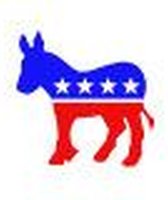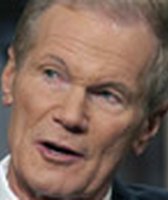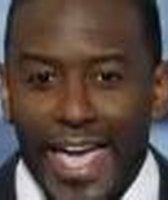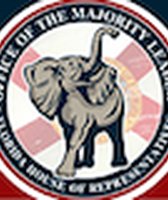Stand up for the facts!
Our only agenda is to publish the truth so you can be an informed participant in democracy.
We need your help.
I would like to contribute
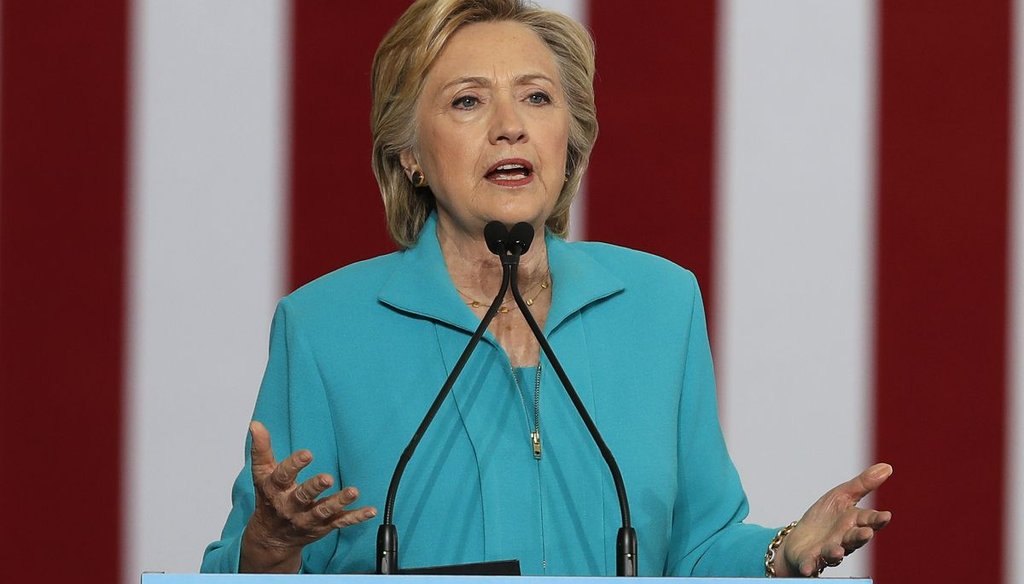
Democratic presidential nominee Hillary Clinton speaks in Reno, Nev., about Trump, and his representation of the 'alt-right.' (AP)
Hillary Clinton slammed Donald Trump’s domestic policy ideas during an Aug. 25, 2016, speech, comparing them initiatives of the Islamic State.
"Under Donald Trump, America would distinguish itself as the only country in the world to impose a religious test at the border," Clinton said in Reno, Nevada. "Now, come to think of it there actually may be one other place that does that. The so-called Islamic State."
We wondered if Clinton had this right.
What we found is that while experts were unable to think of any country that has a religious test, Trump’s proposed Muslim ban has been muddied to the point that we’re not sure what it means. As such, we decided not to rate Clinton’s claim on the Truth-O-Meter.
Trump’s evolving ban
Days after the Dec. 2, 2015, San Bernardino shooting, Trump issued a statement calling for a "total and complete shutdown of Muslims entering the United States until our country's representatives can figure out what is going on."
Democrats and Republicans condemned the proposal. House Speaker Paul Ryan, R-Wis., said the ban is not reflective of the principles of the Republican Party or the United States.
Trump changed the way he described the ban as it became clear he would be in the GOP nominee. In a June speech, Trump said the ban would apply to areas "of the world when there is a proven history of terrorism against the United States, Europe, or our allies, until we understand how to end these threats."
In August, he brought up an idea for ideological screening tests on top of "extreme vetting."
"In the Cold War, we had an ideological screening test," Trump said. "The time is overdue to develop a new screening test for the threats we face today."
Trump didn’t mention specifics of the screening test, but he said the United States needs to screen members of terrorist organizations and vet "any who have hostile attitudes towards our country or its principles – or who believe that Sharia law should supplant American law."
The campaign, for its part, told CNN, "Trump does not support banning all foreign Muslims from entering the U.S. but instead would ban Muslims from ‘terror states’."
A religious entrance exam
As best we can tell, Clinton is right that the rest of the world (Islamic State excepted) does not impose a religious test at the border.
A Clinton spokesperson cited a December 2015 Washington Post article by foreign affairs reporter Adam Taylor, who concluded that if Trump wins, then the United States would "probably" be the only nation in the world to ban individuals from entering solely on religion.
The article contends that while other countries impose religious restrictions, nothing compares to Trump’s policy — in the form of a full Muslim ban that he presented in December.
Some examples of this in the article include North Korea’s view of Christian missionaries, who have sometimes been imprisoned, or how non-Muslims cannot visit Mecca, the holy site in Saudi Arabia. Mecca, which is considered the birthplace of the prophet Muhammad, is where Muslims attend the annual pilgrimage, a mandatory pillar of Islam.
We consulted five experts, and not one could point to an example of a country that imposes a "religious rest" at the border.
Rey Koslowski, director of the Master of International Affairs Program at Albany University, said he could not think of any visa policies that disallow individuals to enter countries based on religion. However, he said there are instances when Israelis have been denied visas to enter Arab states, or times when Israel has denied entry to nationals of Arab states and Iran.
Steven Lamy, a international relations professor at the University of Southern California, likened Trump’s idea to the Cold War era, when known Russian communists were restricted to travel the United States, and sometimes even deported. (At Trump’s Aug. 31 speech on immigration, Trump himself invoked the age of asking people about their ideologies.)
Douglas Laycock, a law professor of religious liberty at the University of Virginia, said he ultimately doesn’t know whether or not religious tests exist elsewhere, but argued it likely that at least one muslim country restricts immigration to non-muslims.
There’s a reason this claim is hard to gauge.
Koslowski said some countries like India and Saudi Arabia ask for an applicant's religion on visa applications, but there is no standard among countries. And just because a country asks for religion doesn’t me they are looking to ban entry.
Our Sources
Washington Post, "Map: The countries that ban arrivals based only on religion," Dec. 9, 2015
Washington Post, "North Korea could free American missionary soon, U.S. officials say," Aug. 27, 2016
Email interview, Rey Koslowski, director of the Master of International Affairs Program at Albany University, Aug. 30, 2016
Email interview, Steven Lamy, a international relation professor at the University of Southern California, Sept. 1, 2016
Email interview, Douglas Laycock, a law professor of religious liberty at the University of Virginia, Aug. 30, 2016
Email interview, Dave Martin, Law professor at the University of Virginia, Aug. 31, 2016
Email interview, Gerald L. Neuman, J. Sinclair Armstrong Professor of International, Foreign, and Comparative Law at Harvard Law School, Aug. 30, 2016
Donald J. Trump website, "Donald J. Trump Statement on Preventing Muslim Immigration," Dec. 7, 2016
Politico, "Full text: Donald Trump's speech on fighting terrorism," Aug. 15, 2016
Email interview, Josh Schwerin, spokesperson for Hillary Clinton, Aug. 29, 2016
CNN, "Pence 'very supportive' of latest version of Trump Muslim ban," July 16, 2016
NPR, "Trump Calls To Ban Immigration From Countries With 'Proven History Of Terrorism'," June 13, 2016


